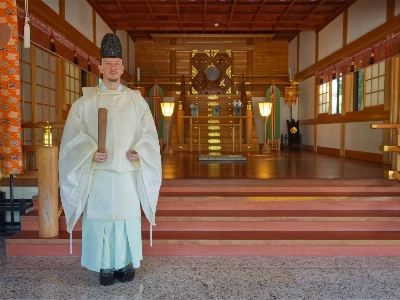Thoughts very rarely translate into language in completely formed phrases. Sometimes it takes a stab or two to articulate what exactly it is you're trying to say.
The opposite, however, is also true: Incomplete language can and often does imply perfectly complete ideas, and sometimes an incomplete phrase is the most natural way to express something. And Japanese is a language where this seems especially true.
One of the very first phrases students of the language learn is お名前は? (O-namae wa?, "[What's] your name?") This is not a complete sentence grammatically. You can add 何ですか? (Nan desu ka?, What is?) and complete the sentence, but it isn't necessary; everyone in the conversation knows what's being asked, so in the interest of economy, it gets left out.


















With your current subscription plan you can comment on stories. However, before writing your first comment, please create a display name in the Profile section of your subscriber account page.